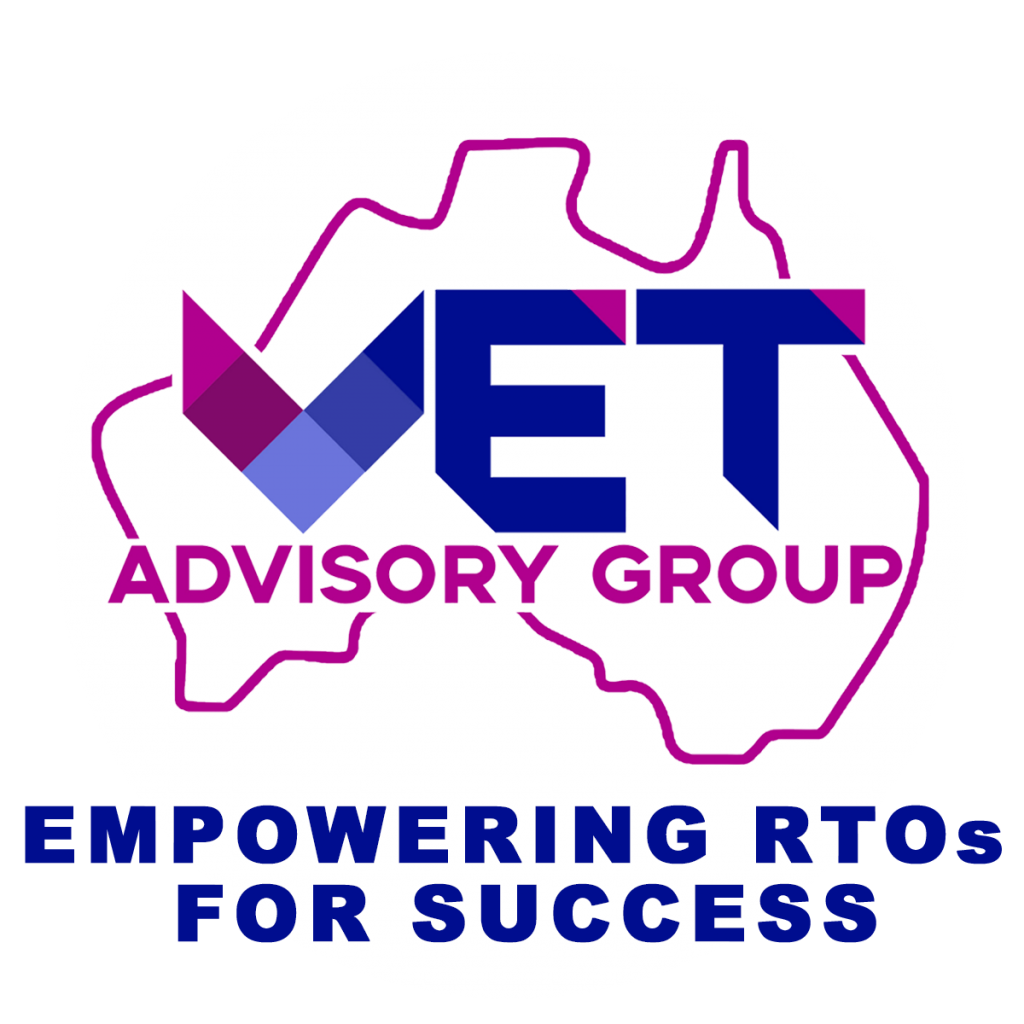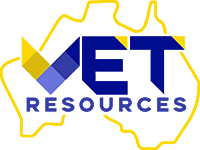
Maintaining the quality and integrity of training programs requires stringent oversight, and this is why regulations have been set by the Australian Skills Quality Authority (ASQA). The regulations have been set to ensure that RTOs comply with national standards. Today, we’ll talk about how regulation impacts RTO auditing and why it is necessary for maintaining the credibility and effectiveness of vocational education and training.
Understanding RTO auditing
AS most of us already know, RTO auditing is a systematic process that evaluates whether an organisation meets the required standards for delivering high-quality training and assessment services. These audits are conducted by regulatory bodies like ASQA to assess compliance with the Standards for Registered Training Organisations (RTOs) 2015. These standards include various aspects such as educational resources, assessment practices, trainer qualifications, and financial viability.
The role of regulation in RTO Auditing
Regulation serves as the cornerstone of RTO auditing, providing the framework within which audits are conducted and standards are upheld. ASQA’s regulations outline the expectations and obligations of RTOs, ensuring accountability and transparency in the delivery of vocational education and training. By setting clear guidelines and benchmarks, regulation helps safeguard the interests of students, employers, and the broader community.
Let’s discuss the impact of regulations in the auditing process.
Ensuring quality and consistency
One of the primary objectives of regulation in RTO auditing is to maintain high standards of quality and consistency across the vocational education sector. Through regular compliance audits, ASQA assesses whether RTOs are delivering training and assessment services that meet the needs of industry and learners. This process helps identify areas for improvement and ensures that RTOs continuously strive for excellence in their operations.
Protecting the interests of stakeholders
Regulation in RTO auditing also serves to protect the interests of stakeholders involved in vocational education and training. Students rely on RTOs to provide them with the skills and knowledge necessary to succeed in their chosen fields. By enforcing compliance standards, regulation ensures the student outcomes and they receive quality education and obtain nationally recognized qualifications that are valued by employers.
Employers, on the other hand, depend on the credibility of RTO qualifications when hiring new employees or investing in workforce development programs. By holding RTOs accountable for the quality of their training programs, regulation instils confidence in the qualifications issued by these organisations, thereby benefiting employers and the broader economy.
Fostering continuous improvement
Another important aspect of regulation in RTO auditing is its role in fostering continuous improvement within the vocational education sector. Through the feedback provided during audits, RTOs are able to identify areas where they may fall short of compliance and take corrective action to address any deficiencies. This process of self-assessment and improvement not only ensures ongoing compliance with regulations but also enhances the quality and relevance of RTO training programs offered.
Challenges and opportunities
While regulation plays a vital role in RTO auditing, it also presents challenges for both RTOs and regulatory bodies. Compliance with regulatory requirements can be resource-intensive and may pose financial burdens on smaller RTOs. Additionally, keeping pace with evolving regulatory frameworks and industry standards requires ongoing investment in staff training and development.
However, regulation also presents opportunities for RTOs to distinguish themselves as providers of high-quality education and training. By embracing a culture of compliance and continuous improvement, RTOs can enhance their reputation, attract more students, and contribute to the overall excellence of the vocational education sector.
Conclusion
Through regular audits and compliance assessments, regulation safeguards the interests of students, employers, and the broader community, while also nurturing a culture of continuous improvement within the vocational education sector.
As the regulatory environment continues to evolve, it is important for VET providers and RTOs to remain vigilant and proactive in meeting their regulatory obligations, thereby upholding the integrity and credibility of vocational education and training in Australia.

